It is necessary to continue amending laws, first of all the Law on Science and Technology, to be consistent, practical, and meet development requirements.
On the morning of February 15, the National Assembly (NA) discussed in groups the draft Resolution of the NA piloting a number of policies to remove obstacles in science and technology (S&T), innovation (ICT) and digital transformation (DCT) activities.
Technology selection must be "shortcut"
Speaking at the meeting, General Secretary To Lam stated that this is a very important and urgent resolution. Resolution No. 57-NQ/TU was issued at the end of 2024, but when it came into effect, it was fraught with difficulties and if we wait to amend some laws, especially the Law on Science and Technology, then according to the program, it can only be implemented by mid-year or late 2025 at the earliest. Thus, Resolution 57 cannot be implemented in 2025 or its implementation will be meaningless with a series of difficulties. "The spirit of the resolution is clear, but it must be institutionalized to urgently bring the resolution into life," said the General Secretary.
The General Secretary agreed with the opinions of the delegates that this resolution not only removes difficulties and obstacles but also needs to encourage and promote development. According to the General Secretary, everyone sees the value and necessity of science and technology development issues, but why are they not developed? Because there are still many problems, because even if the Law on Science and Technology is amended, it is not enough to promote the development of science and technology. "For example, the Law on Bidding is problematic. Bidding for science and technology to make machinery as currently regulated will only buy cheap technological equipment and eventually become a "dumping ground" for science and technology, becoming a place to receive the world's outdated technologies" - the General Secretary emphasized.
According to the General Secretary, when choosing technology, we must know how to "take shortcuts". Investment in science and technology cannot prioritize low prices as stipulated in the Law on Bidding; we must escape and resolve this point. "If the Law on Bidding continues to be regulated as it is now, only focusing on low prices, we will encounter this situation, and there are even technologies that are given away for free" - the General Secretary said.
Referring to tax policy, the Party leader cited the impact of tax exemptions and reductions. Accordingly, when the Government applies tax exemptions and reductions, it can actually help increase revenue for the State. Similarly, reducing interest rates can also help banks earn more. If interest rates are too high, people will not borrow capital or invest in production, leading to economic stagnation. On the contrary, when interest rates decrease, many people will have the opportunity to do business, create profits, and from there, banks can also lend more and gain greater benefits. "These things must be calculated. How to regulate in the law to encourage development rather than to collect taxes thoroughly. In the context of increasingly urgent requirements for science and technology development, legal barriers need to be removed to mobilize the participation of the whole society" - the General Secretary emphasized.
The General Secretary said that there is still a lot of investment and time is needed. The General Secretary pointed out that "wild land" needs to be exploited, there are risks and adventures, not wide open roads that everyone can reach and "if we wait for all conditions to be met, it will be very difficult". Therefore, the National Assembly's pilot resolution is the first step to institutionalize Resolution 57. In the long term, it is necessary to continue amending laws, first of all the Law on Science and Technology to be consistent, close to reality, and meet development requirements. "We need to innovate our thinking and ways of doing things, look directly at real problems to find solutions and not be afraid of any problems" - the General Secretary affirmed.
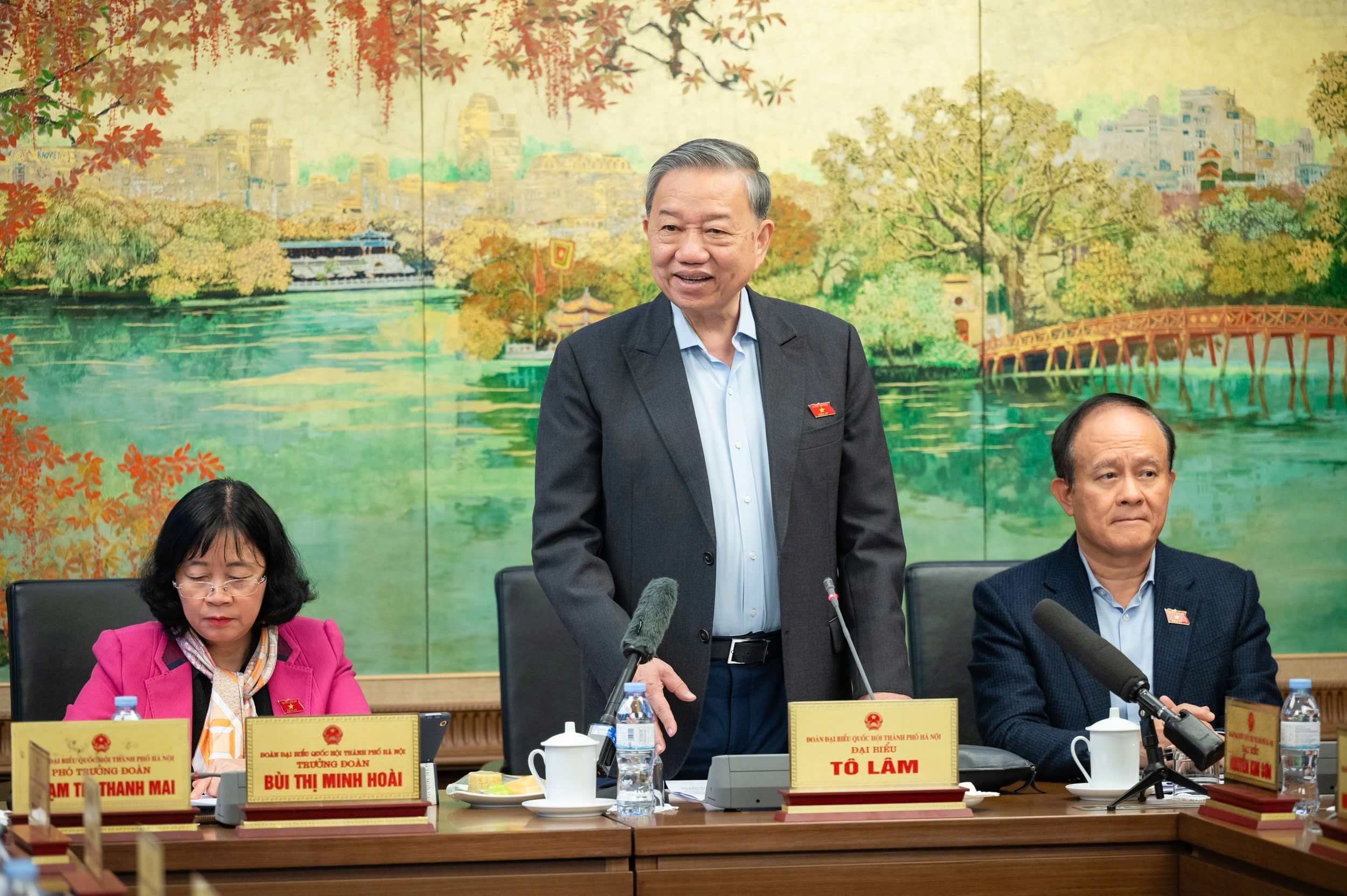
General Secretary To Lam speaks at the discussion session in the group. Photo: Lam Hien
There must be special mechanisms and policies.
Expressing his concern about tax incentives for science, technology and innovation activities, Deputy Vu Hai Quan, Director of Ho Chi Minh City National University, shared that when public universities become autonomous, the initial stage is very difficult due to lack of capital for science and technology development activities. Deputy Quan suggested not applying corporate income tax to science, technology and innovation activities of universities.
According to Deputy Phan Van Mai, Chairman of the Ho Chi Minh City People's Committee, there needs to be a mechanism for breakthroughs. We should not be too afraid of group interests, because if there is enough evidence of negativity and violations, we will deal with them. That is the right spirit of openness in the field of science and technology.
Deputy Tran Luu Quang (Hai Phong City) said that the draft resolution needs to clearly define the authority, scope, and responsibility. "For example, in terms of authority, who will decide to spend money or appoint contractors?". Secondly, when this resolution is issued, there will certainly be legal conflicts with existing laws or laws that are in the process of being amended. Therefore, there needs to be a very strong principle that "If any content coincides with the resolution, it must be followed to create peace of mind for officials when implementing and carrying out".
Discussing in groups, Prime Minister Pham Minh Chinh emphasized that if the country wants to develop quickly and sustainably, it must rely on science and technology, innovation, and digital transformation. This is an objective requirement, a strategic choice, and a top priority. And to implement Resolution 57, special mechanisms and policies are needed, not just specific ones. Believing that more specific policies are needed to implement Resolution 57 for real innovation, the Prime Minister suggested that it is necessary to study and supplement special mechanisms and policies, not just specific ones, and specific ones are at another level. This specialness is reflected in a number of points.
First of all, the Prime Minister mentioned a "special mechanism" in developing infrastructure for science and technology, innovation, and digital transformation. Second, a "special mechanism" is needed for management and administration of science and technology activities, including the following forms: public leadership and private administration; public investment and private management; private investment but public use. For example, in public investment and private management, it is possible to invest in state-owned science and technology infrastructure but hand it over to the private sector for management. That is the special mechanism. Third, the Prime Minister also said that a "special mechanism" is needed for scientists to be able to commercialize scientific works; a "special mechanism" in procedures, decentralization, and delegation of authority to provinces, cities, ministries, and branches; eliminating the request-grant mechanism, reducing administrative procedures..., and managing and evaluating based on overall effectiveness. Fourth, the Prime Minister mentioned the issue of exemption from liability when risks occur to policy drafters and developers, but there is no exemption mechanism for implementers. "If there is no mechanism to protect implementers, it will lead to fear of responsibility, "moving here and there", "not wanting to do it because there is no protection". Therefore, it is necessary to design an additional exemption mechanism when risks occur for both the implementers and the policy designers. Fifth, there is a "special mechanism" in attracting human resources, not only to attract people working outside the state sector to the state sector, but also to develop private enterprises in science and technology, and attract foreign human resources to Vietnam.
From the above "special mechanisms", the head of the Government noted the need to design "special tools" to manage, promote efficiency and ensure publicity, transparency, no violations, corruption, negativity, waste. At the same time, in the implementation process, to create breakthroughs in science and technology, we must accept risks, failures, and even pay the price. "Excluding personal motives, the risk of loss due to objective reasons, the implementer is impartial and pure for the development of science and technology, for the development of the country, we must accept it, consider it as tuition to do better" - said the Prime Minister.
Proposing KPI assignment to evaluate staff performance
On the afternoon of February 15, the National Assembly discussed in the hall the supplementary project on socio-economic development in 2025 with the target of growth of 8% or more. Deputy Nguyen Van Than (Thai Binh delegation), Chairman of the Vietnam Association of Small and Medium Enterprises, proposed a performance evaluation index (KPI) of cadres, civil servants and public employees periodically every 3 months, 6 months and 1 year, considering this an important indicator for rewards, discipline, consideration of promotion and appointment..., thereby improving the quality of public services.
Railway and urban railway construction: Priority given to domestic enterprises
Discussing at the meeting hall about the draft resolution on piloting a number of specific mechanisms and policies to develop the urban railway network system in Hanoi and Ho Chi Minh City, Deputy Hoang Van Cuong (Hanoi delegation) suggested that in the construction of railways and urban railways, priority should be given to placing orders and assigning tasks to domestic enterprises to participate in building roads, bridges and tunnels; producing rails and building train cars. According to this Deputy, placing orders helps domestic growth, but if purchased from abroad, it will flow abroad and we will never have a railway industry. Therefore, it is necessary to include in the resolution the priority of placing orders. The Government commits that domestic enterprises have market share to boldly and confidently invest, associated with the mandatory transfer to domestic enterprises.
Source: https://nld.com.vn/gap-rut-go-rao-can-phap-ly-196250215203953794.htm


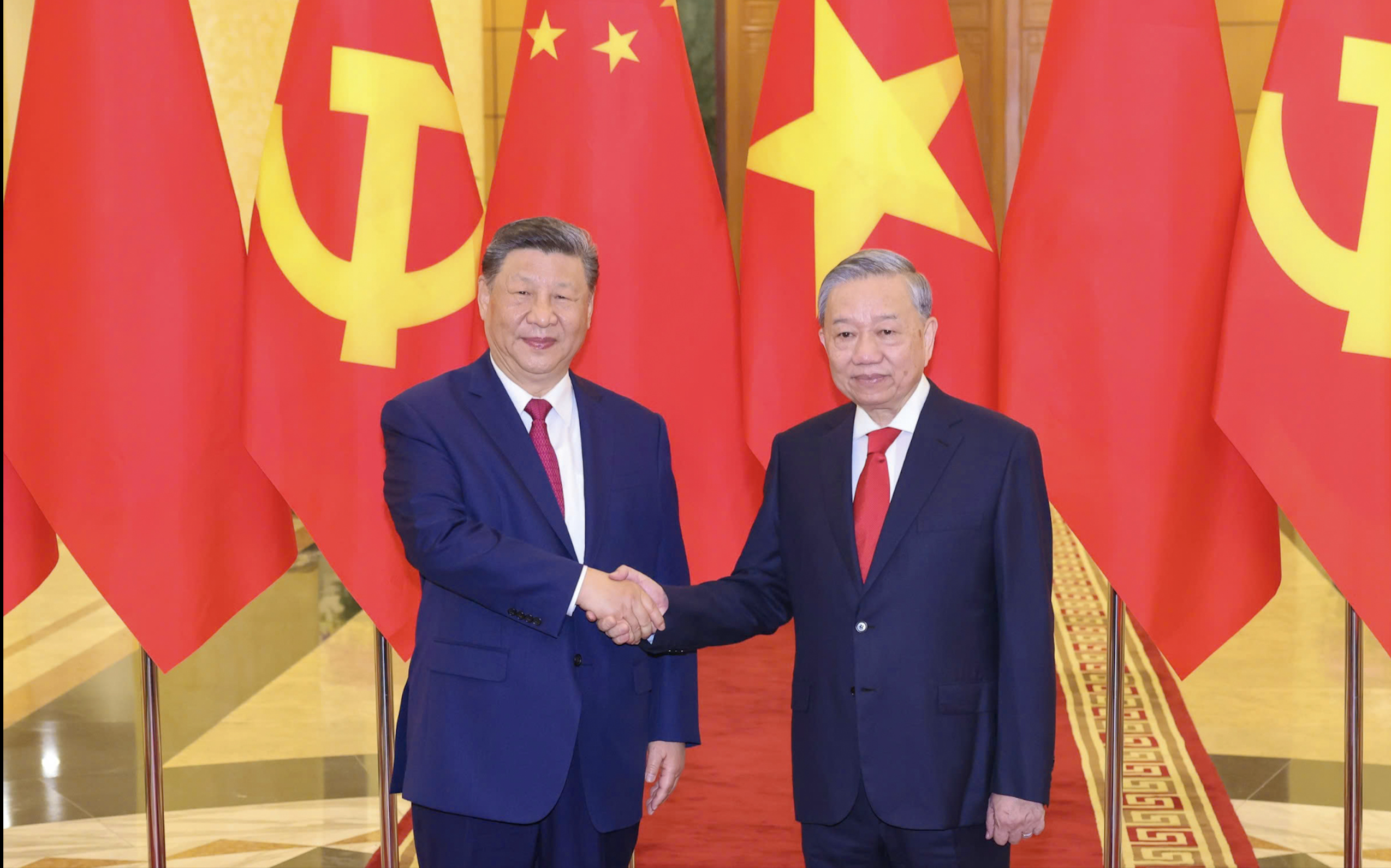
![[Photo] Tan Son Nhat Terminal T3 - key project completed ahead of schedule](https://vstatic.vietnam.vn/vietnam/resource/IMAGE/2025/4/15/85f0ae82199548e5a30d478733f4d783)
![[Photo] Reception to welcome General Secretary and President of China Xi Jinping](https://vstatic.vietnam.vn/vietnam/resource/IMAGE/2025/4/15/ef636fe84ae24df48dcc734ac3692867)
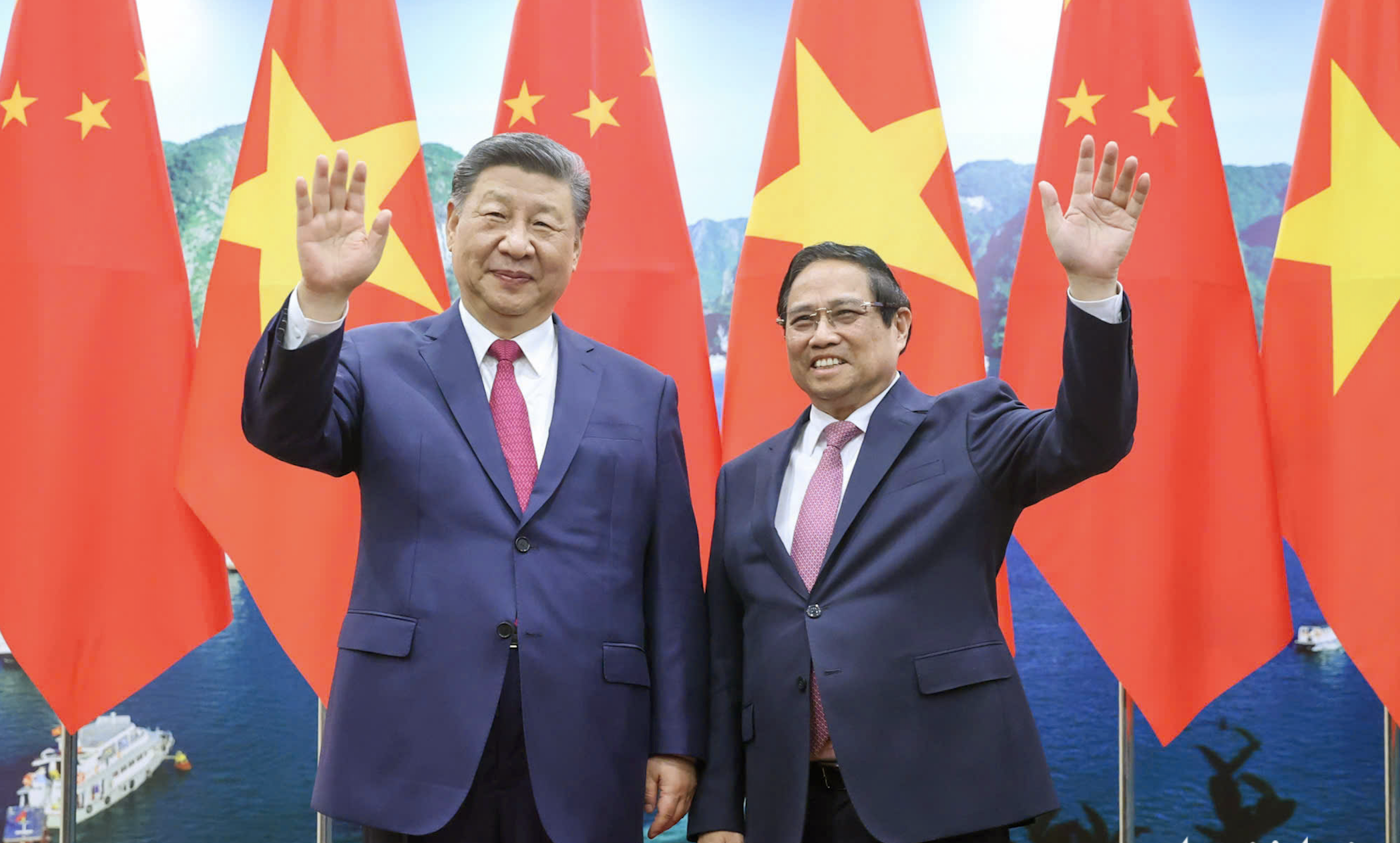
![[Photo] National Assembly Chairman Tran Thanh Man meets with General Secretary and President of China Xi Jinping](https://vstatic.vietnam.vn/vietnam/resource/IMAGE/2025/4/14/4e8fab54da744230b54598eff0070485)
![[Photo] Prime Minister Pham Minh Chinh meets with General Secretary and President of China Xi Jinping](https://vstatic.vietnam.vn/vietnam/resource/IMAGE/2025/4/14/893f1141468a49e29fb42607a670b174)
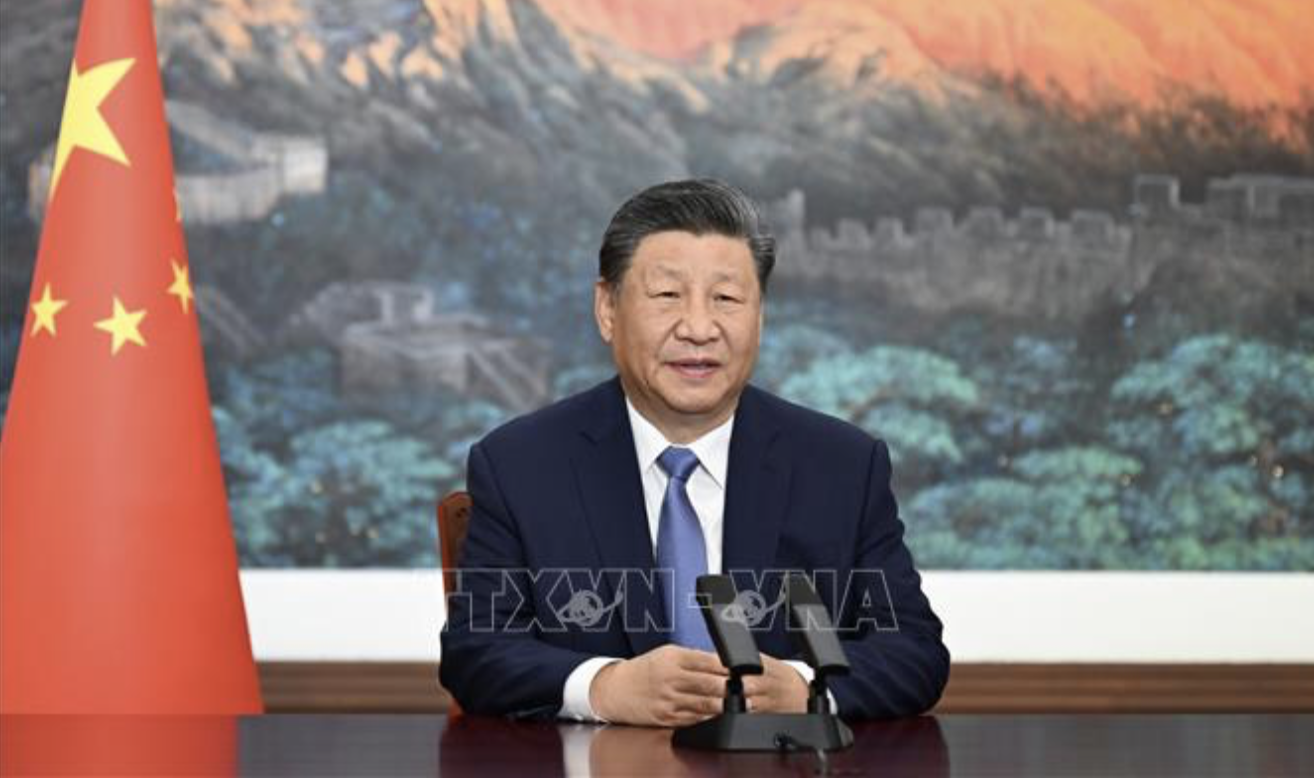

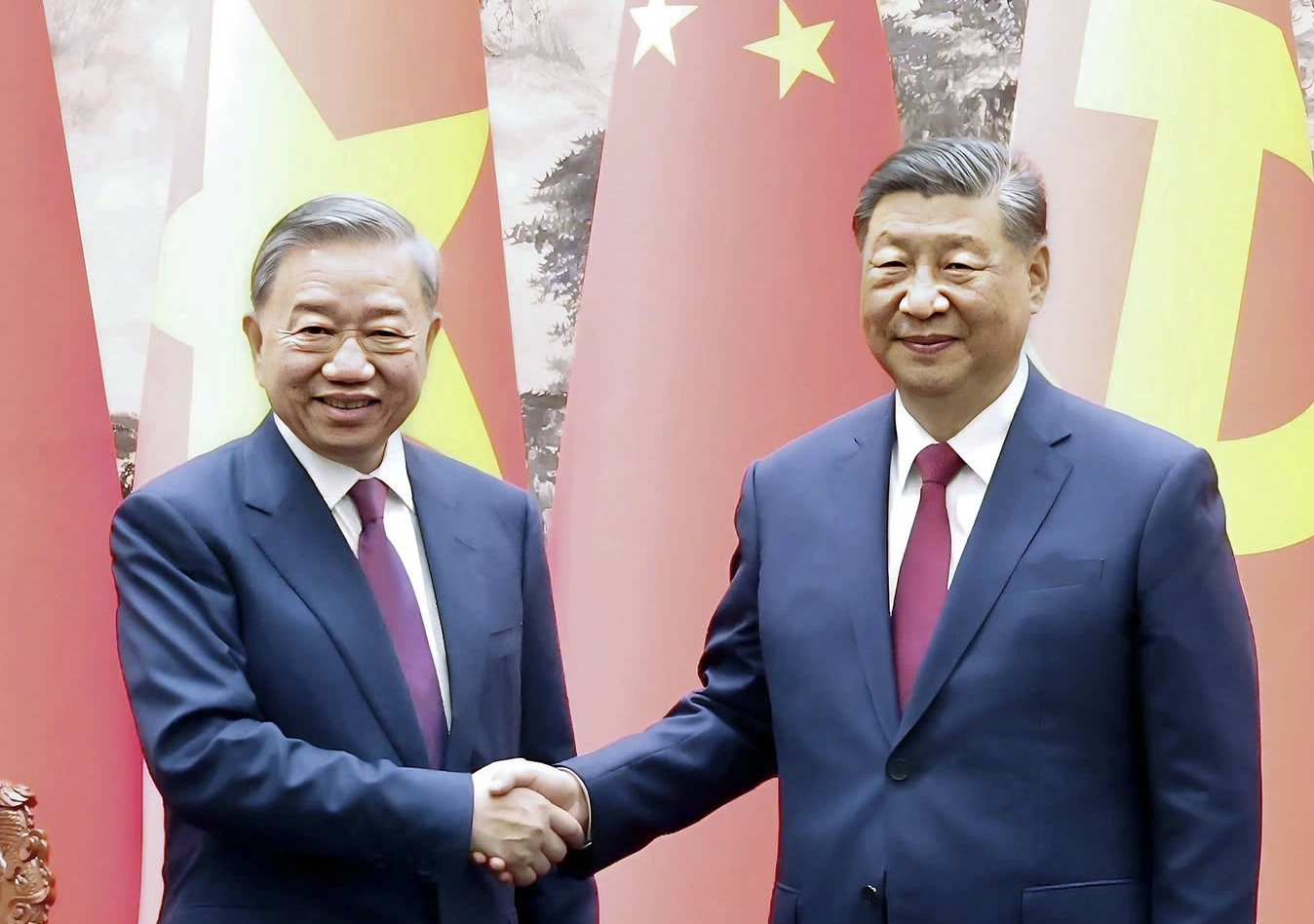





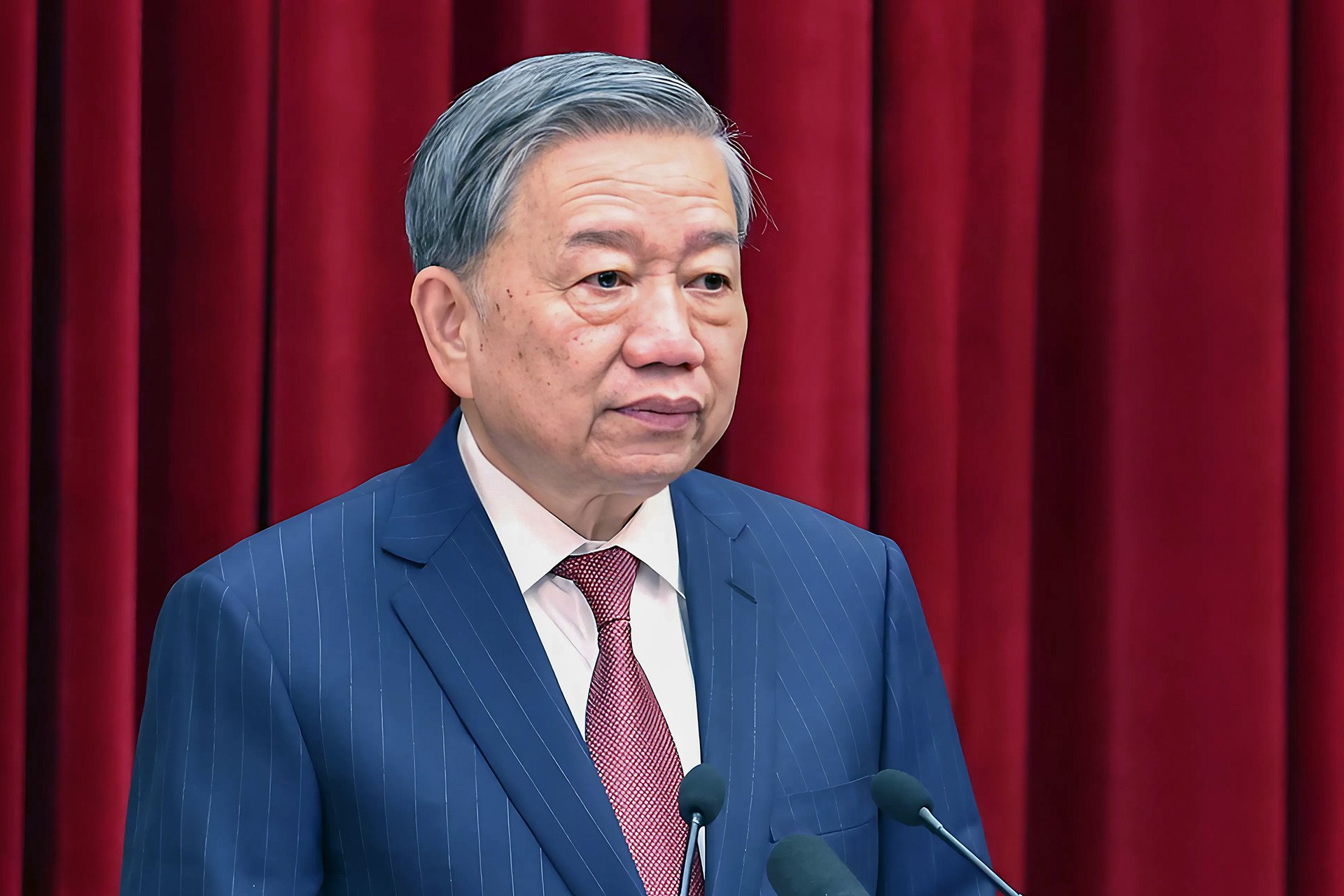

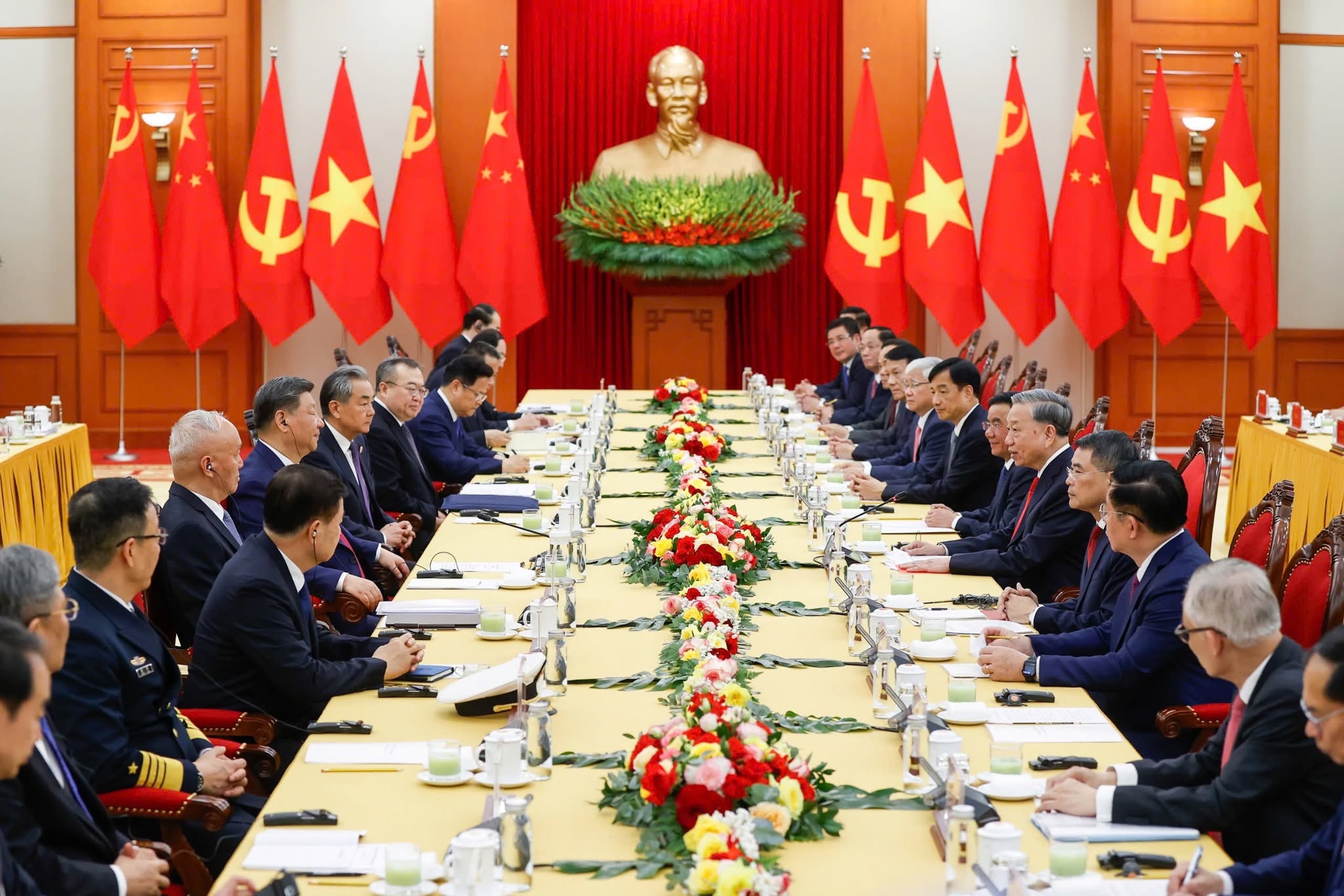
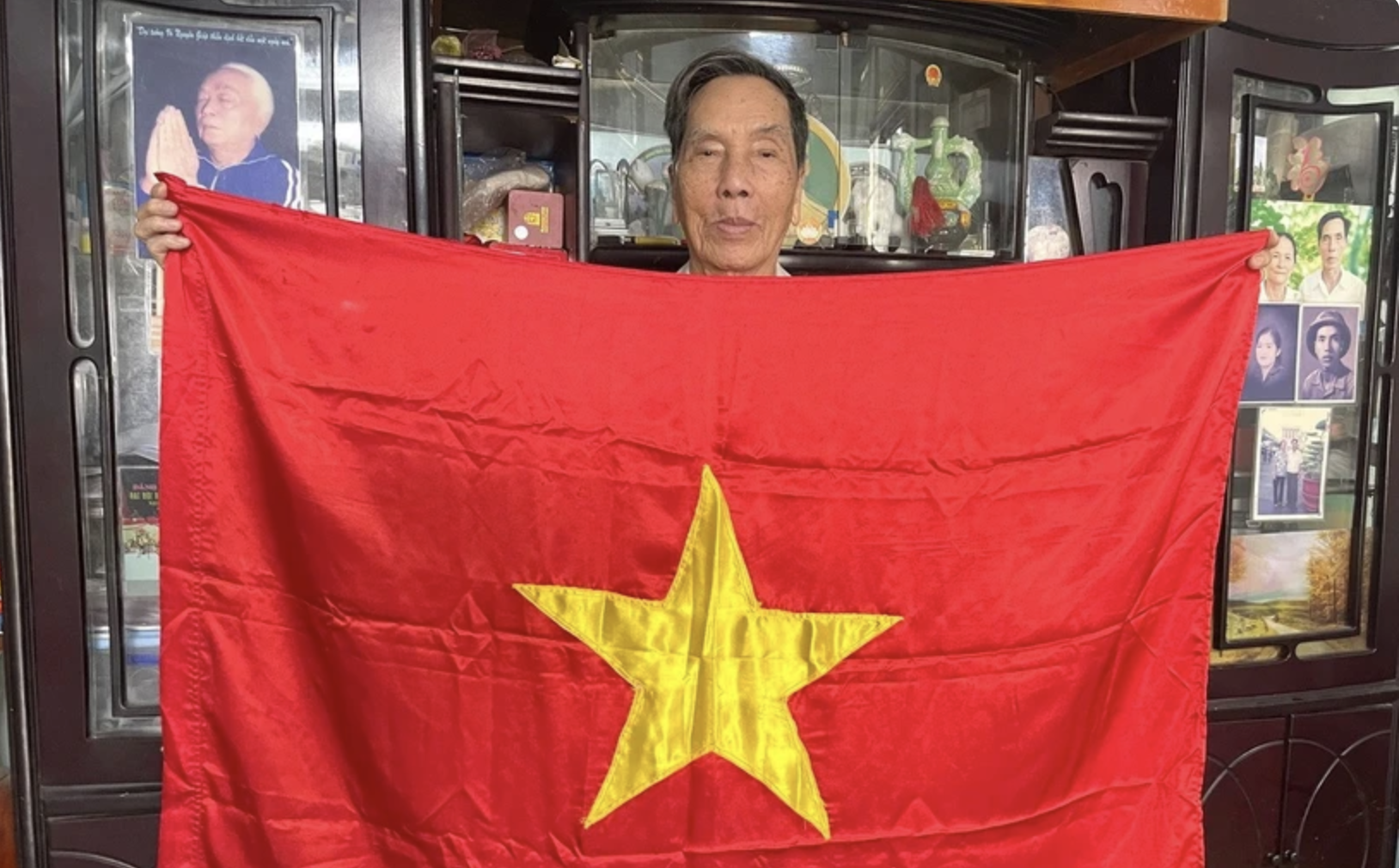
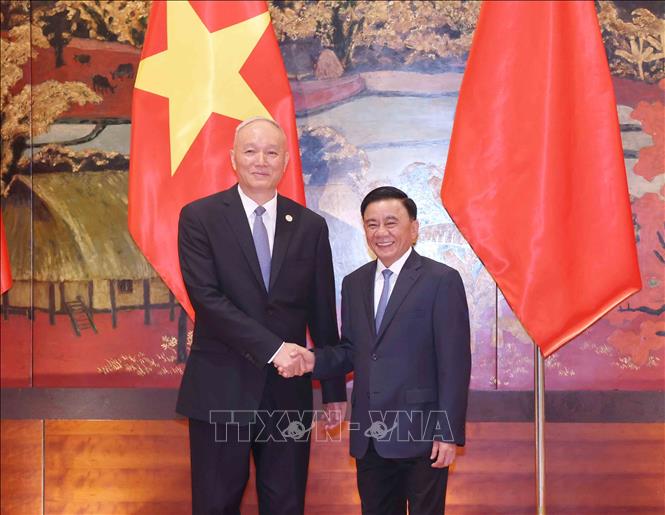

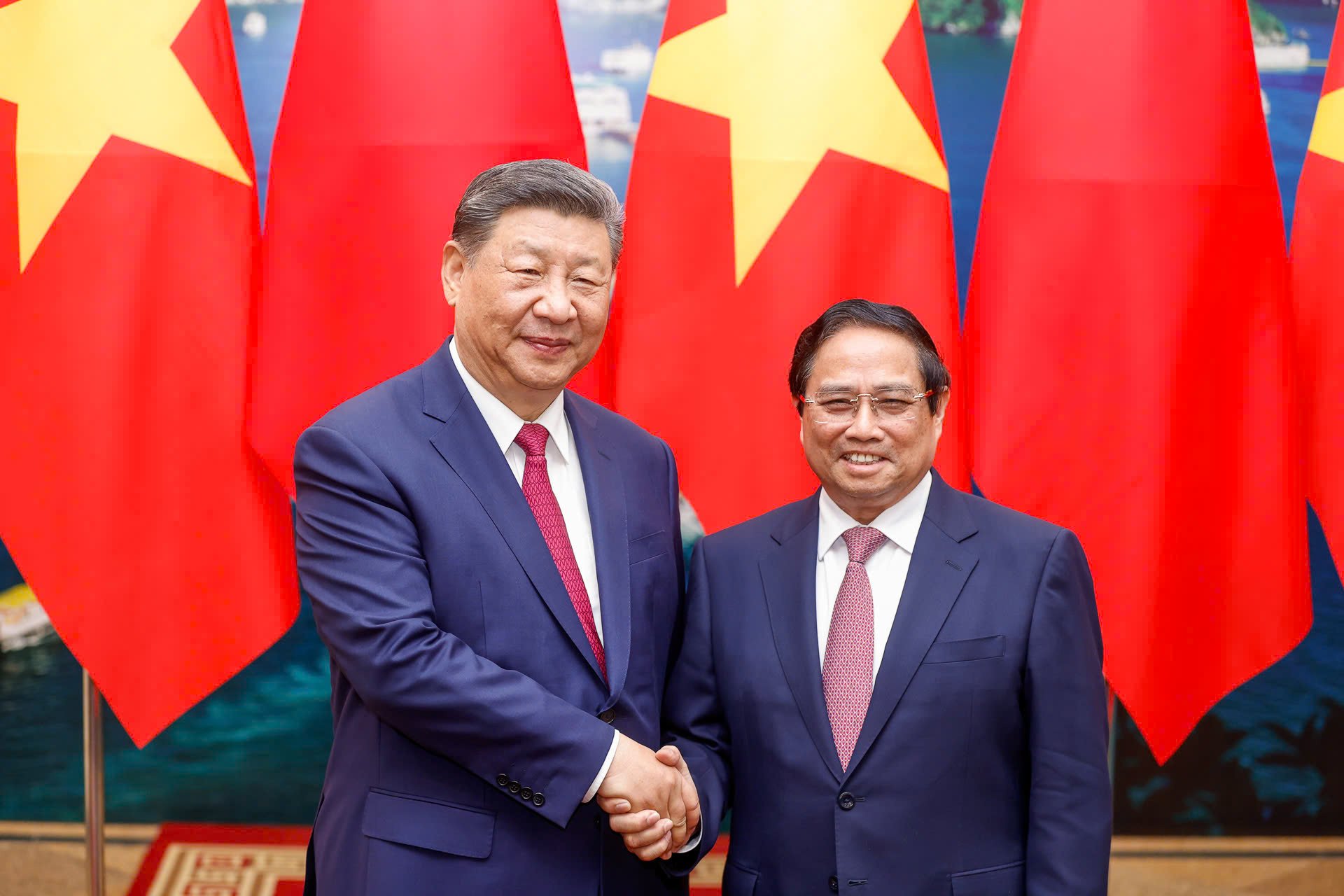
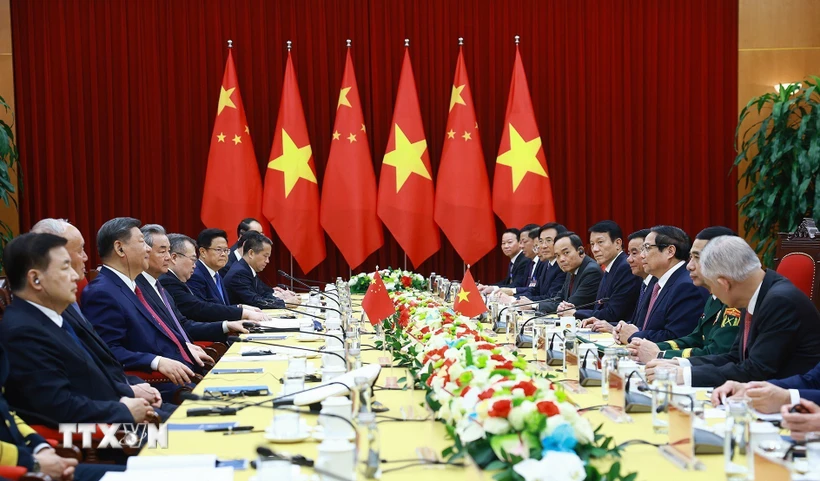





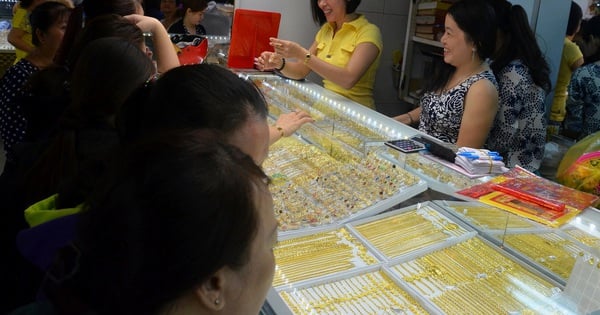


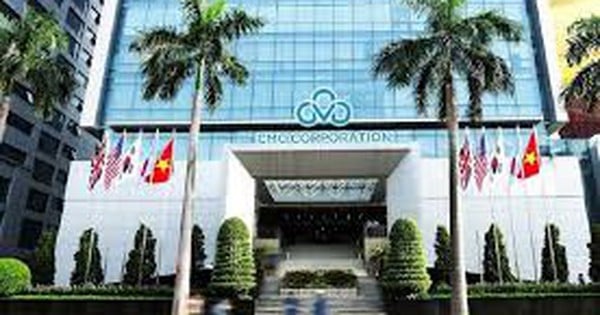













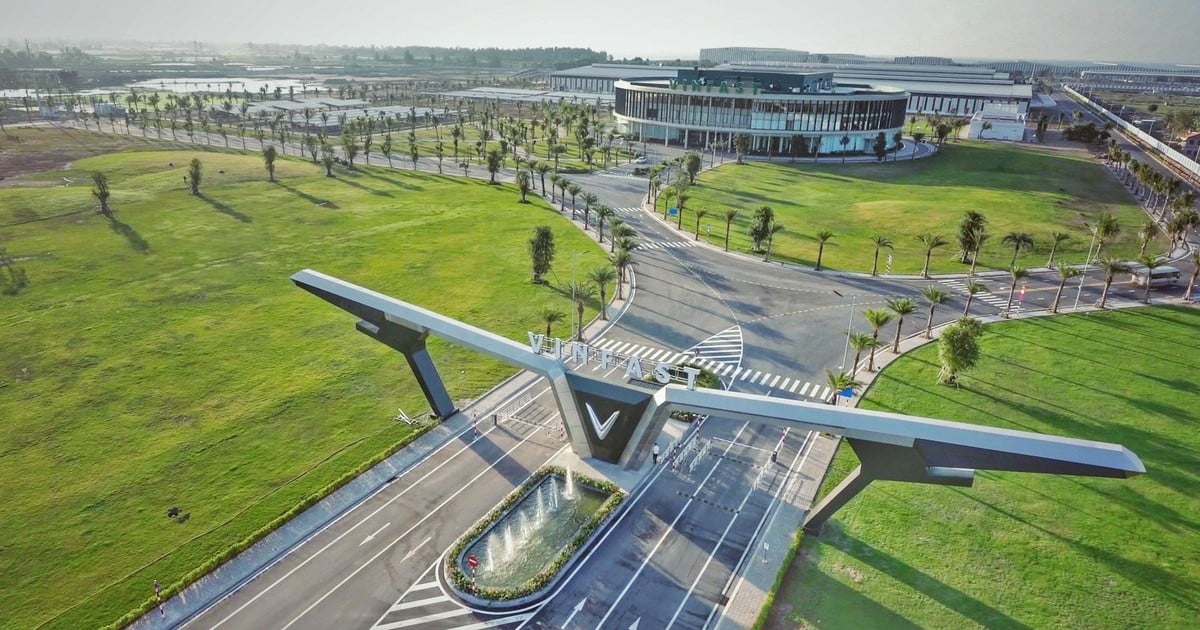

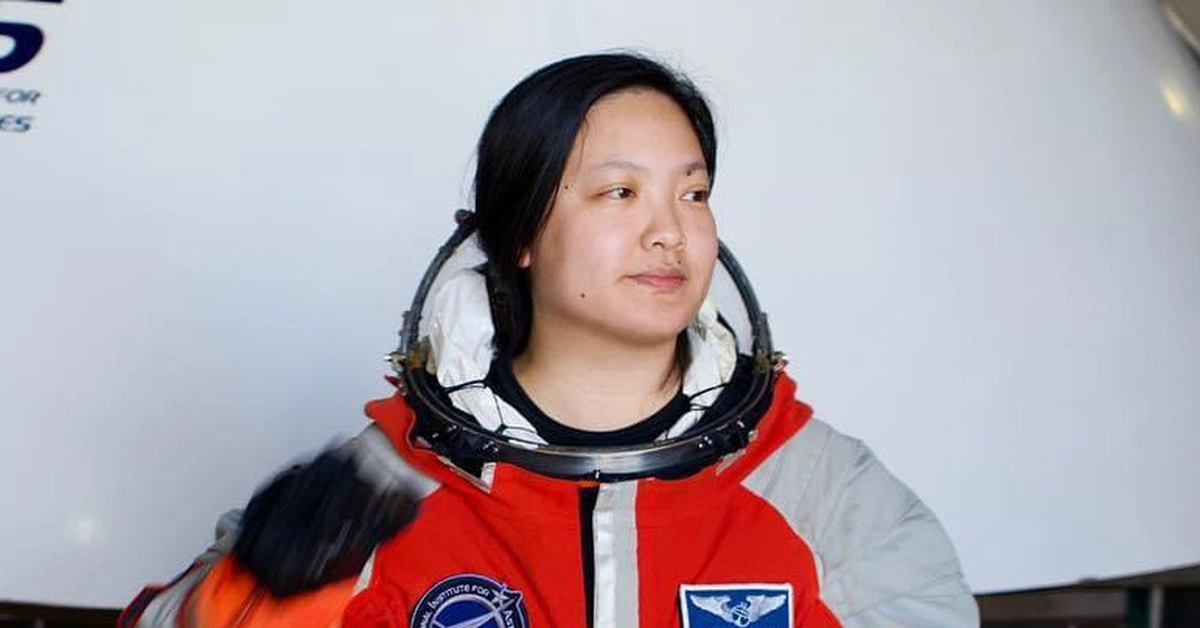








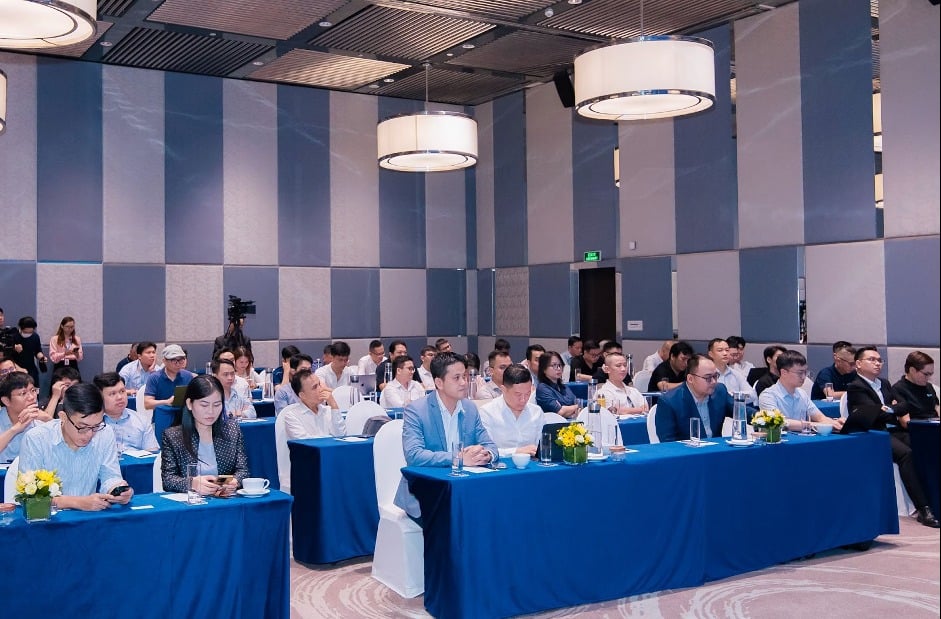




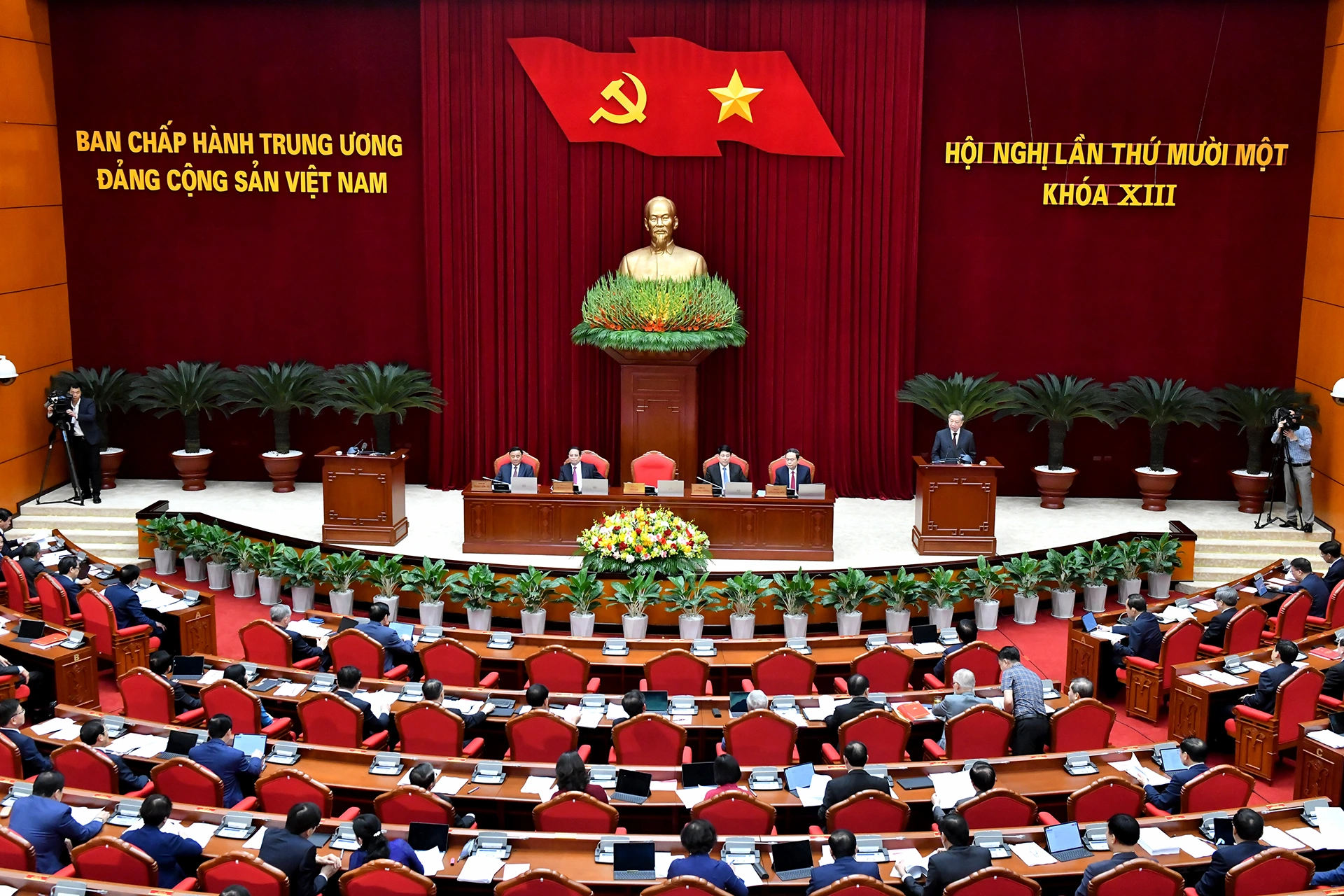
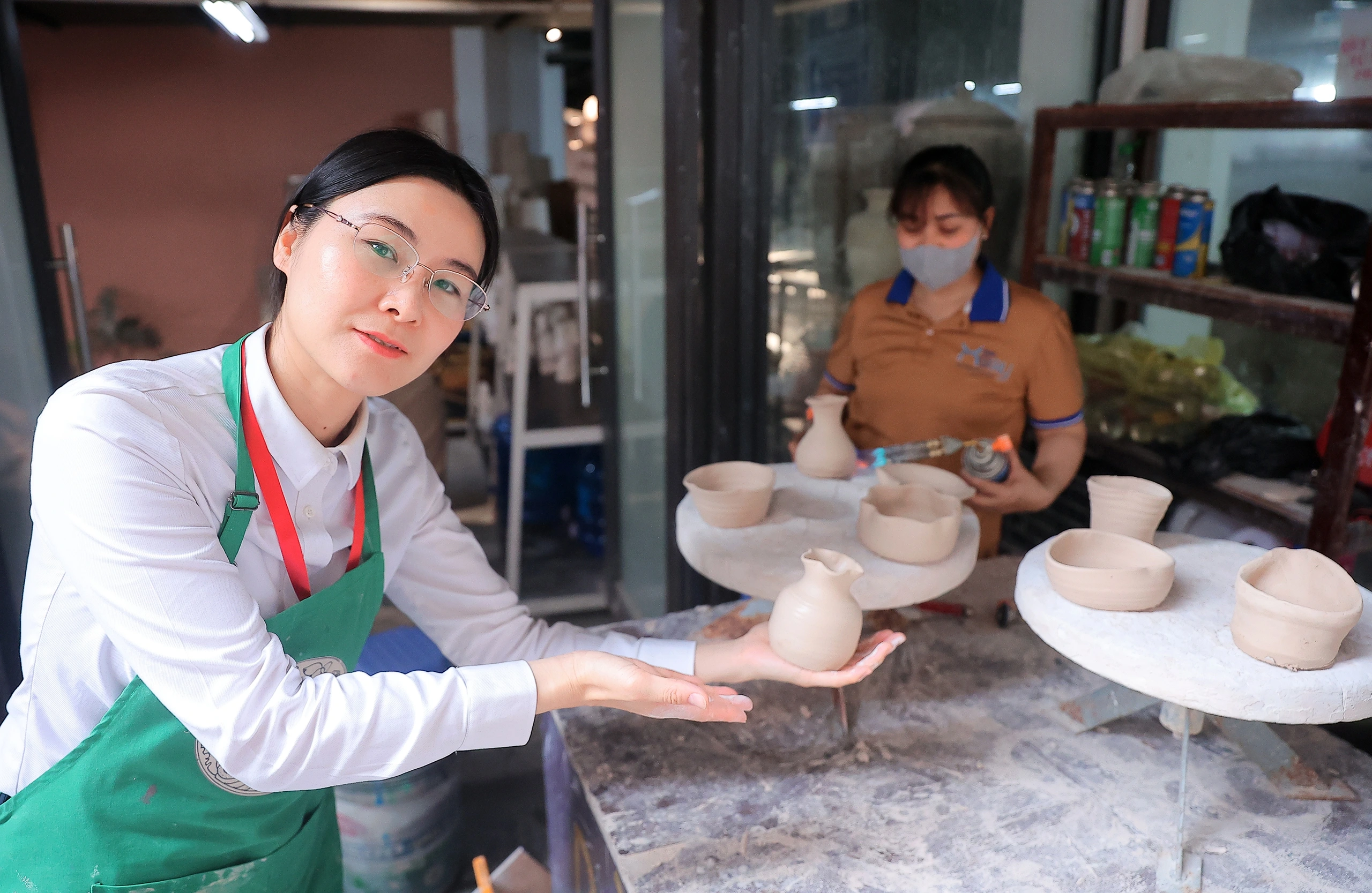
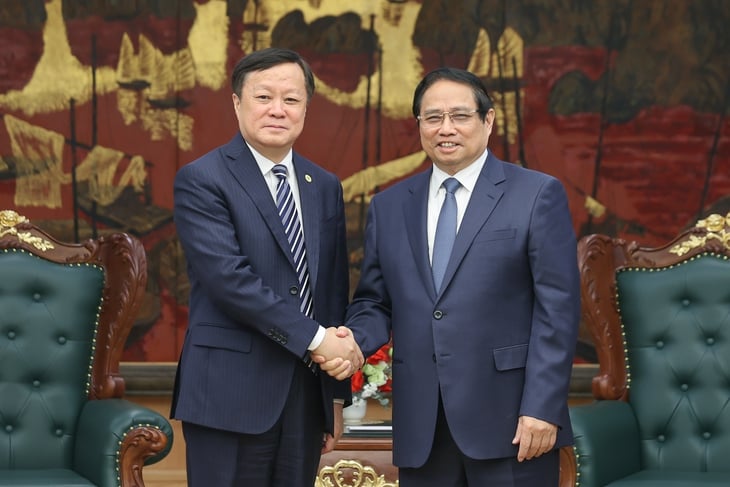


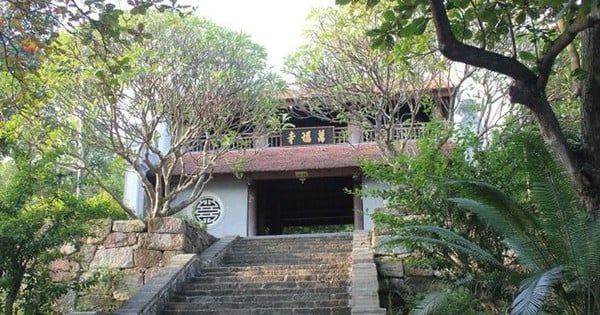
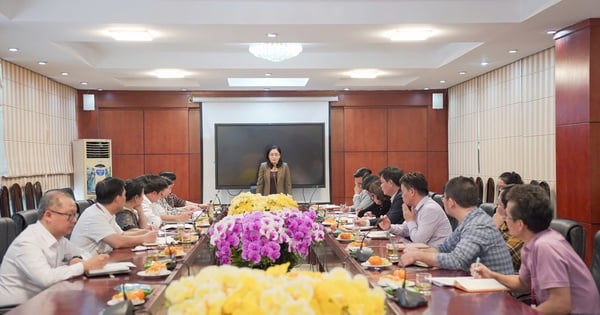
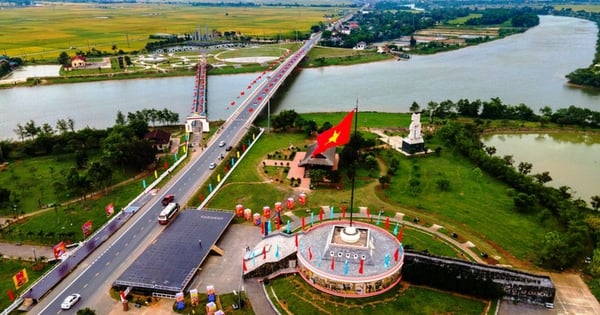
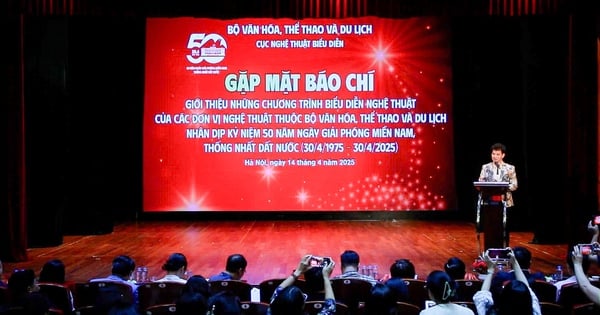
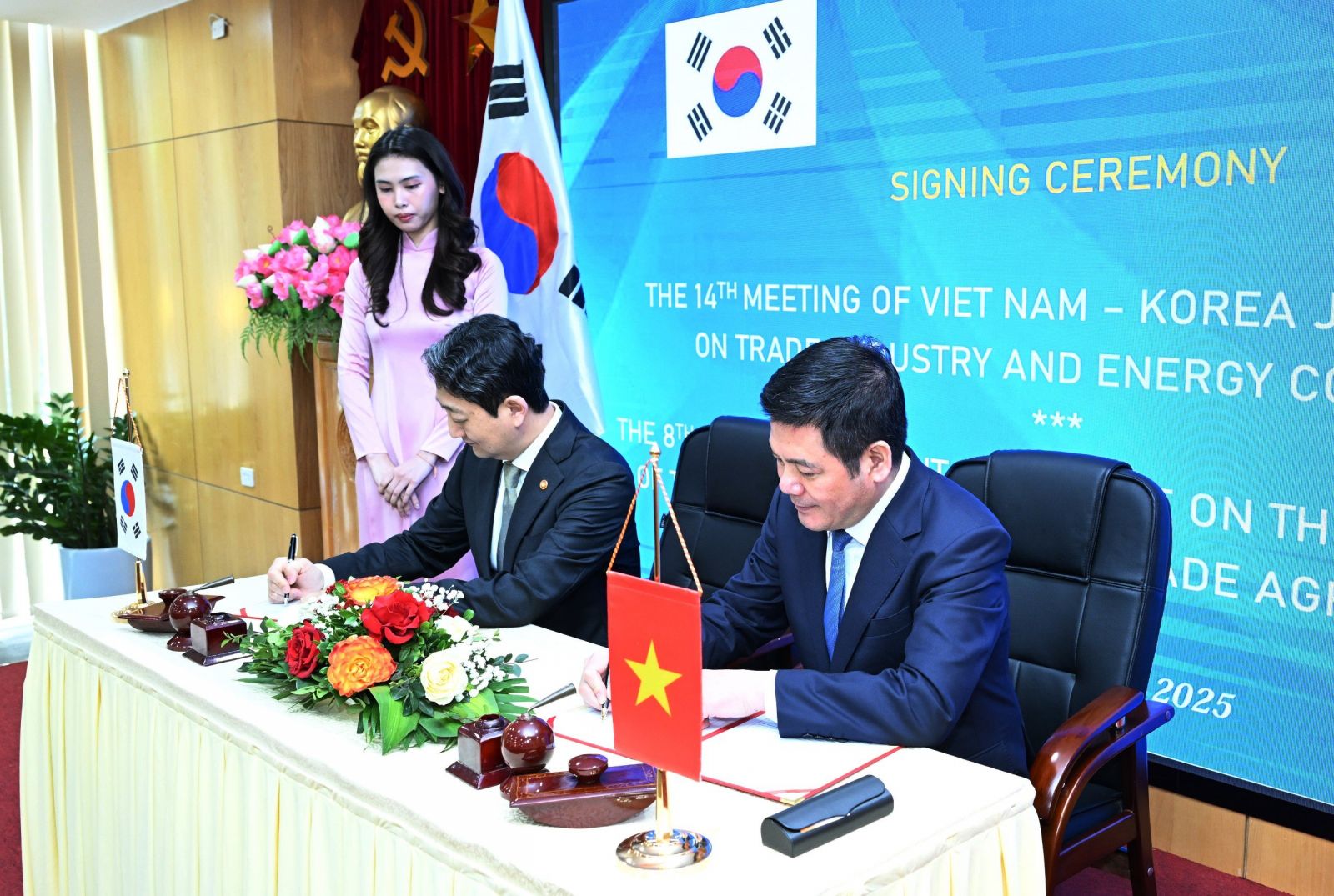

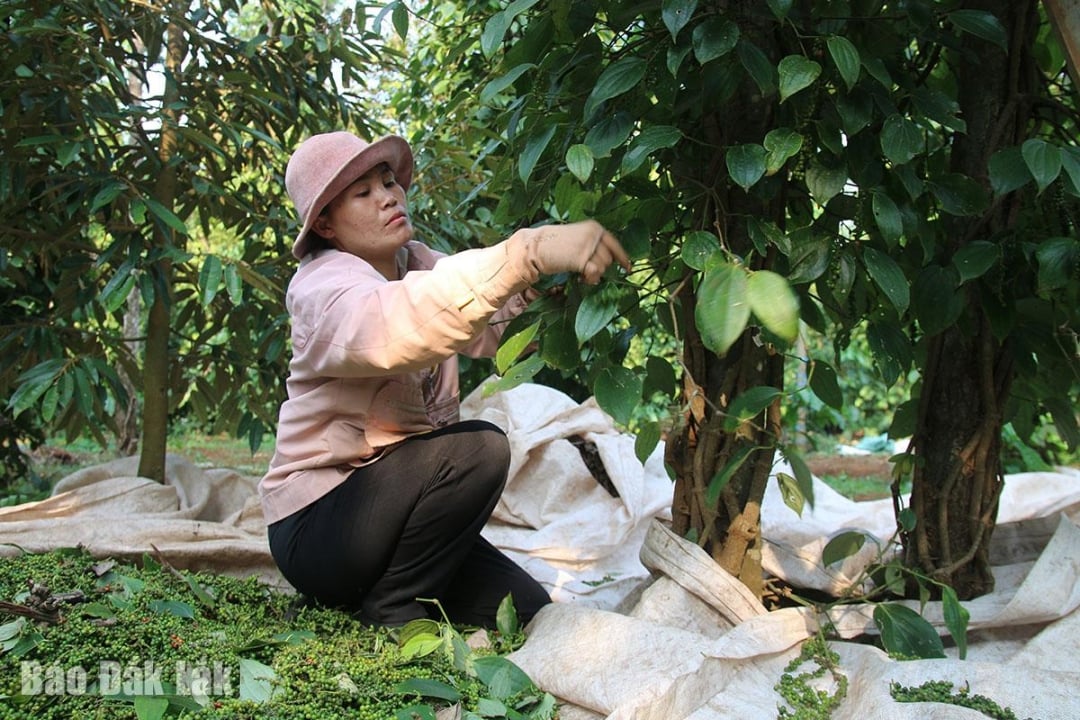

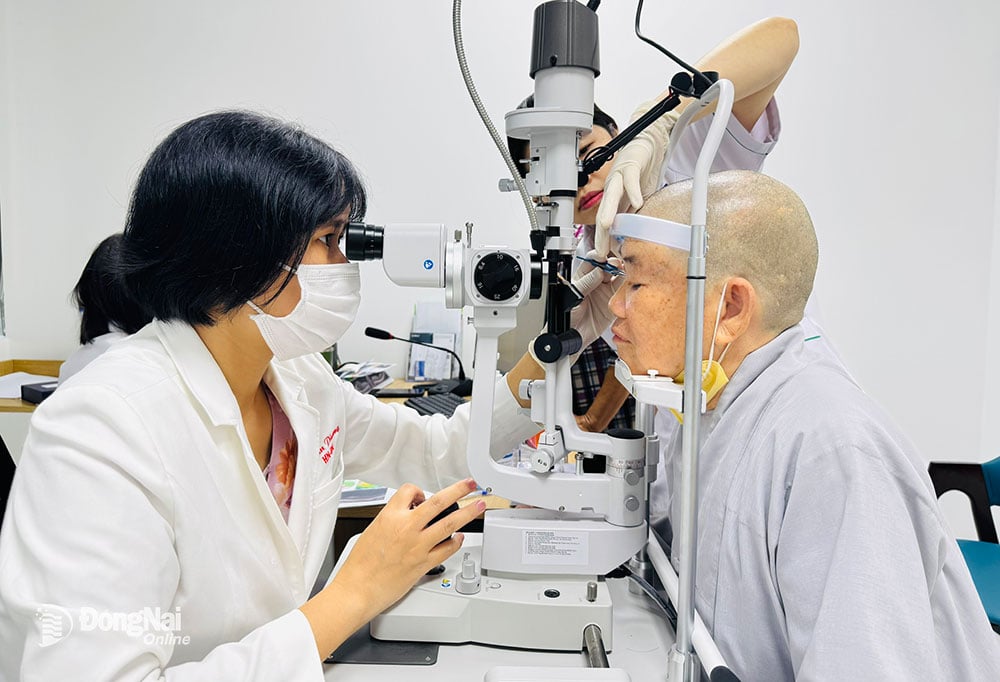

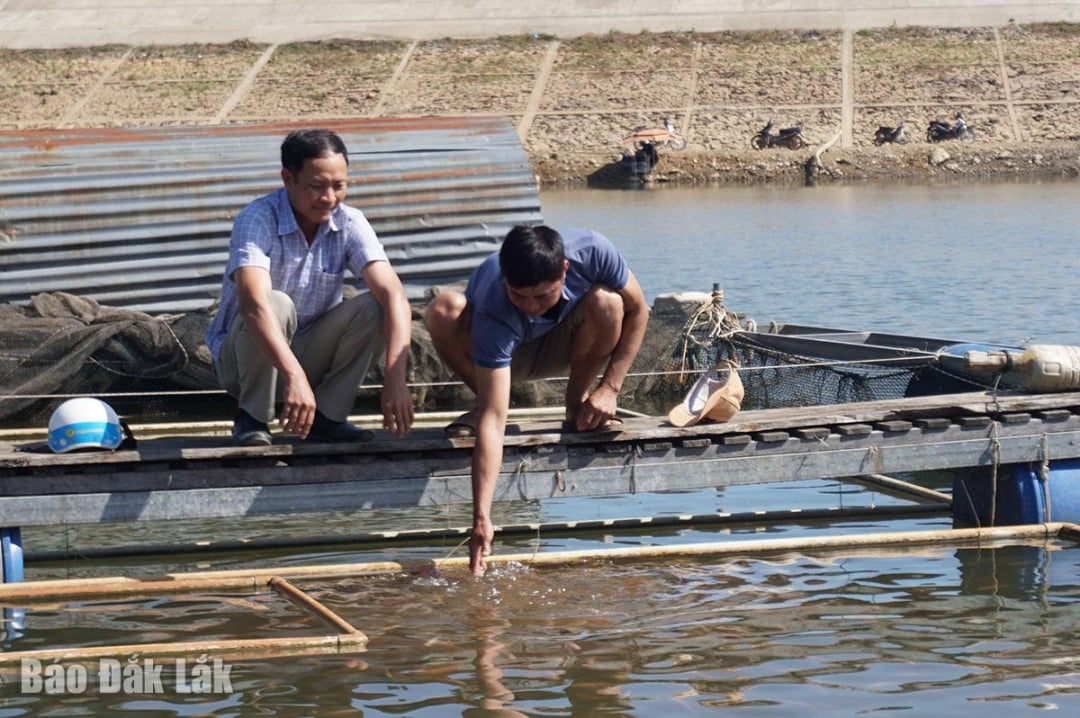

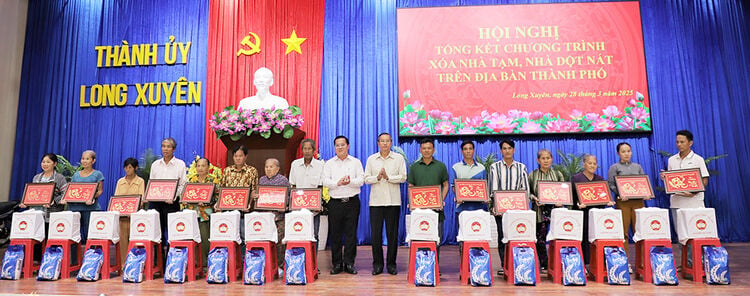

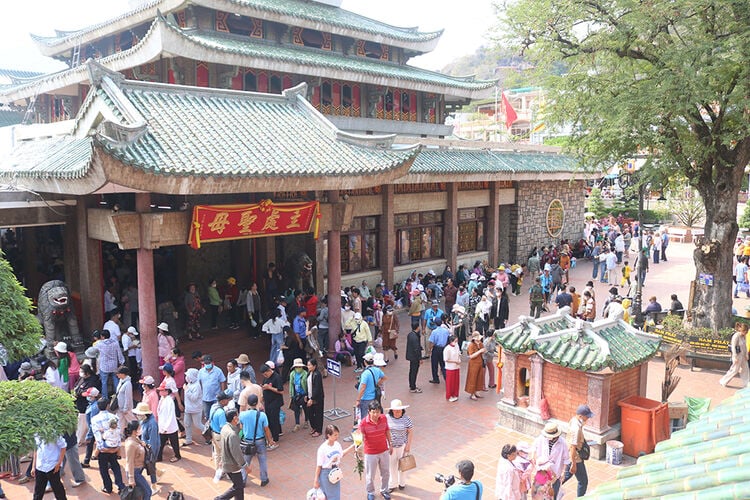
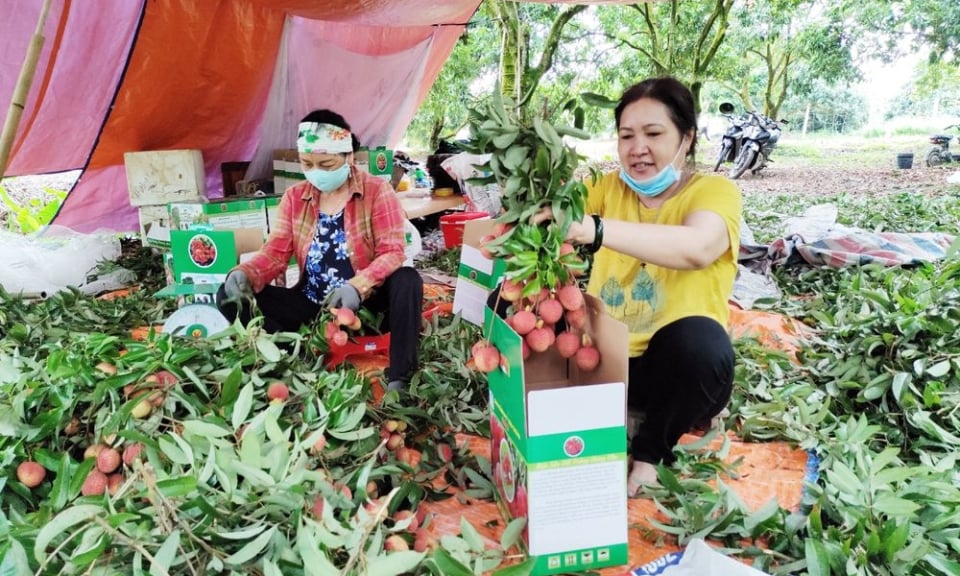








Comment (0)